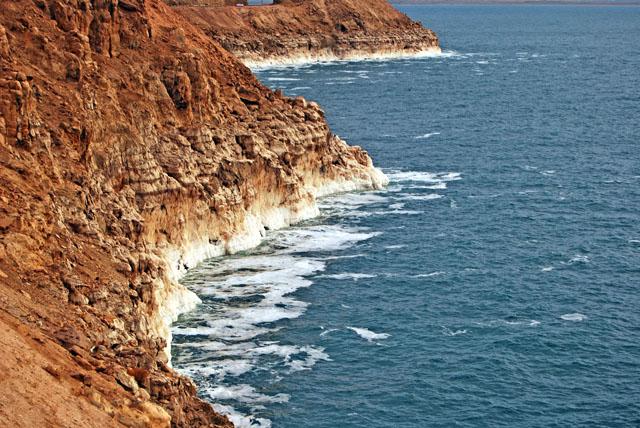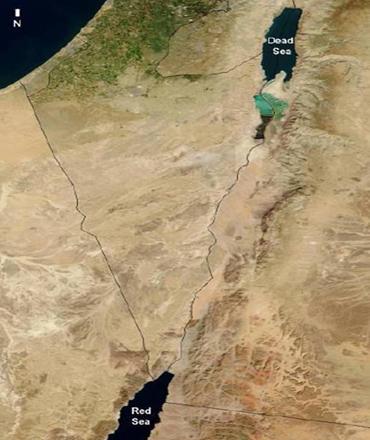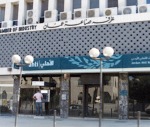AMMAN — The government will announce the international companies that qualify to finance and implement the first phase of the Red Sea-Dead Sea Water Conveyance Project in the course of this year, a senior official said on Tuesday.
The government will cooperate with the World Bank to secure part of the project’s cost, while the rest will be paid by the selected private companies, which will implement the scheme on a build-operate-transfer formula, Minister of Water and Irrigation Hazem Nasser said.
The Red-Dead project, the first phase of which will cost $900 million, seeks to provide Jordan with its water needs at reasonable prices, while at the same time prevent further shrinking of the Dead Sea.
Under the scheme, 70-80 million cubic metres (mcm) of water from the Red Sea will be desalinated annually at a desalination plant to be built north of Aqaba, Jordan’s only seaport.
“A total of 30mcm will be channelled to Aqaba to stop providing the city with water from the Disi Water Conveyance Project… while 100mcm of brine generated from the desalination process will be dumped in the Dead Sea to stop it from dwindling,” Nasser told reporters at a press conference.
Jordan signed a memorandum of understanding (MoU) with Israel and Palestine in December last year to implement the first phase of the Red-Dead project. Under the MoU, Palestine will receive 30mcm of freshwater to cover its water deficit, while Israel will buy its share of 50mcm of desalinated water from the project at cost value and sell Jordan the same amount of water in the northern part of the Jordan Valley at a cost of JD0.27 per cubic metre.
“The water which Jordan will receive from Israel is the same water it has been receiving since 1994. It will come from Lake Tiberius and its quality will be better than water from the Jordan River or the King Abdullah Canal,” Nasser told The Jordan Times.
He reiterated that the project is a purely Jordanian scheme, which will be built on Jordanian soil and run by the government of Jordan.


















